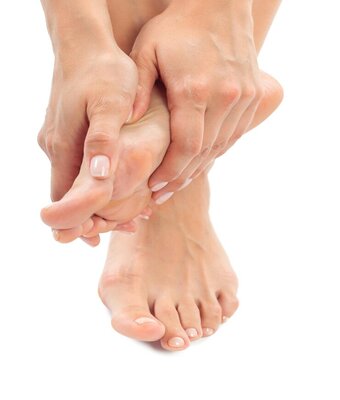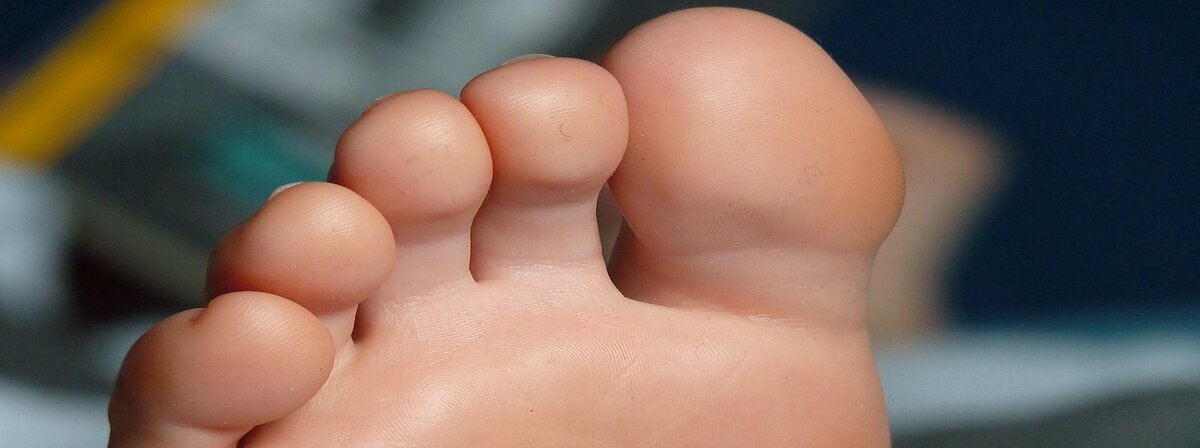
Understanding Verrucas: Diagnosis, Causes, and Removal Options
If you’ve ever felt like you’re walking on a tiny pebble—or worse, a needle—you might have a verruca. These are a specific type of wart that shows up on the soles of your feet. They’re annoying, sometimes painful, and definitely stubborn, but totally treatable.
What Exactly Is a Verruca?
A verruca is basically a wart that grows on the bottom of your foot. Because of all the pressure from walking and standing, the skin around it often hardens, and that can make it feel like you’re stepping on something sharp. Some people describe the pain as similar to standing on a pin.
How Do I Know If I Have One?
Verrucas are usually easy to spot once you know what to look for:
- The skin looks white or pale in the area.
- They tend to lie flat rather than stick out.
- You’ll most often find them on the soles of your feet.
- They might show up solo or in a small cluster, with one large wart surrounded by smaller ones.
The pressure from your body weight can push verrucas deeper into your skin, which is why they often feel worse the more you walk.
What’s With the Black Dots?
Some verrucas have tiny black dots in the middle—don’t panic. These are just small bits of dried blood from little blood vessels inside the wart. They’re very common and nothing to worry about.
What Causes Verrucas?
They’re caused by certain strains of the Human Papilloma Virus (HPV). The virus gets into your skin through tiny cuts or cracks—often in places like swimming pools, showers, or gym locker rooms. That’s why wearing flip-flops in communal areas is a smart move.
Even though verrucas are contagious, they don’t spread super easily. Still, it’s worth taking a few precautions:
-
Don’t share towels, socks, or shoes.
-
Keep your verruca covered, especially in public places.
-
Wear flip-flops in communal showers or pool areas.
How Do Verrucas Actually Form?
The virus triggers your skin to grow too much in one spot, creating a hard, thick area. Walking and tight shoes add friction, which makes things worse. Over time, the wart gets pushed inward, which is why it can feel so deep and sore.
Verrucas can grow up to about half an inch wide and may sit several millimetres below the surface due to constant pressure.
Can Verrucas Bleed?
Yes, sometimes they do—usually because of rubbing, friction, or tight footwear. If it happens, treat it like you would any minor cut:
-
Apply pressure to stop the bleeding.
-
Clean the area gently once it’s stopped.
-
Cover it with a plaster to protect it.
If your verruca bleeds often or easily, it’s best to get it looked at by a specialist.
Do I Have to Treat It?
Good question. Some verrucas go away on their own as your immune system fights off the virus, but that can take months—or even years. If it’s painful or just bothering you, you might not want to wait.
Treatment Options: What Works?
There’s no guaranteed fix for verrucas, but there are plenty of options. If one doesn’t work, don’t worry—there are others to try.
At-home treatments:
-
Most pharmacy products contain salicylic acid, which helps to gradually break down the hard skin. These come in gels, ointments, or medicated pads.
Professional treatments:
-
Cryotherapy – Freezing the verruca using liquid nitrogen.
-
Verruca needling – Poking it with sterile needles to kickstart your immune system’s response.
-
Silver nitrate – A chemical option that helps destroy the wart.
-
Electrocautery – Using heat to burn it off.
-
Surgical removal – A last resort due to potential pain, healing time, and scarring.
How Do I Know If It’s Going Away?
A dying verruca may start to look darker—sometimes even black—as its blood supply gets cut off. It might shrink, flatten, or peel. These are signs your treatment is working.
When to Get Help
If you’re not sure whether it’s a verruca, or you’ve been trying to treat it and nothing’s working, it might be time to see a specialist. Our dermatologists in London can help you figure out what’s going on and recommend the right treatment plan for you.
Book a consultation with us anytime—we’re here to help your feet feel normal again.
FAQ
How long does it take for a verruca to go away on its own?
Verrucas can persist for years but may eventually resolve as your immune system fights the virus.
Are verrucas contagious to others in my household?
While they can be contagious, the risk of transmission at home is relatively low. Avoid sharing personal items.
Can I swim with a verruca?
It’s best to avoid public pools to prevent spreading the virus. Wear waterproof coverings if necessary.
Will removing a verruca leave a scar?
Specialist removal methods aim to minimize scarring, but individual outcomes may vary.
Can I use over-the-counter treatments for verrucas on children?
Always consult a healthcare professional for children’s treatment options and guidance.


